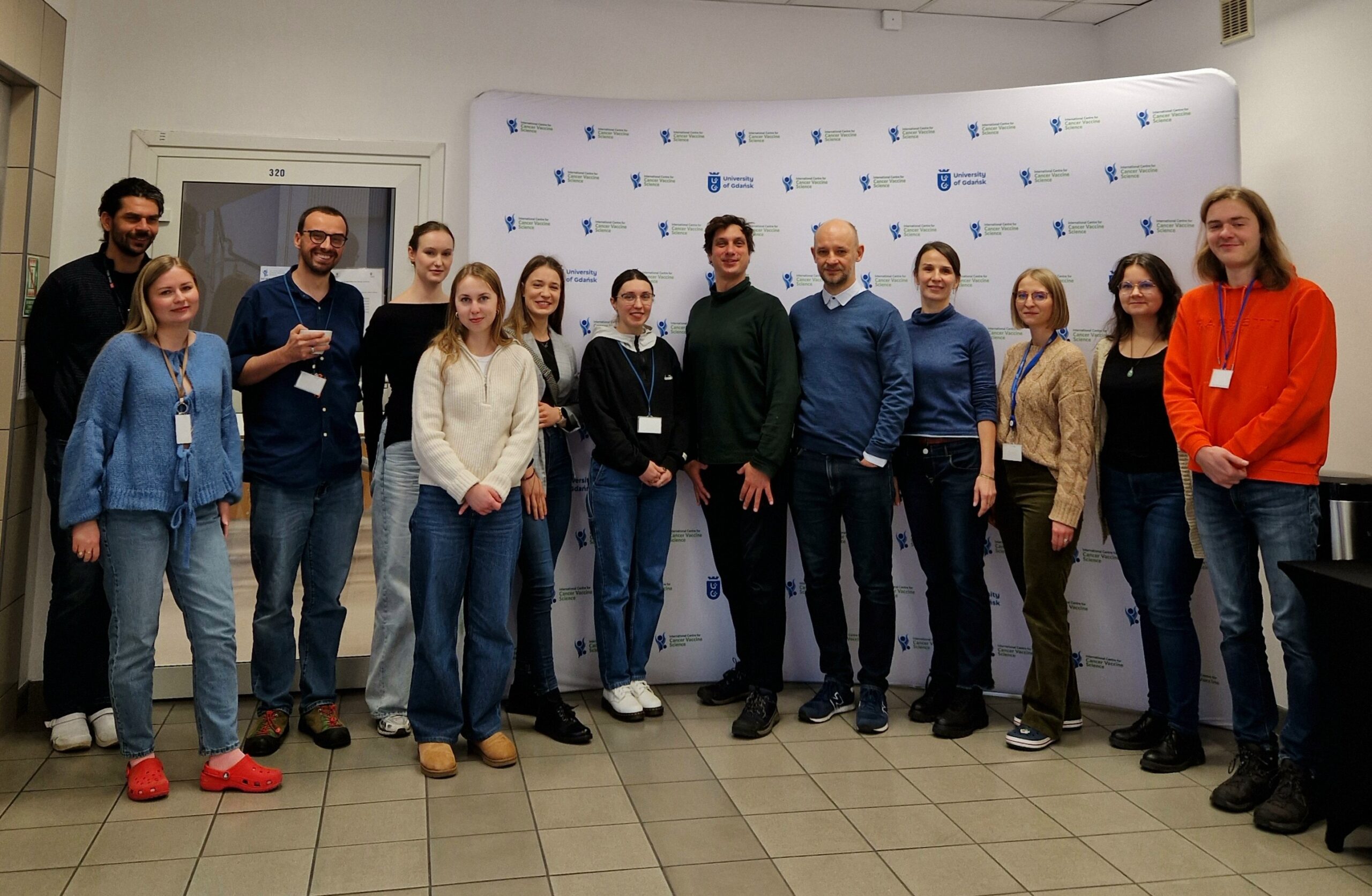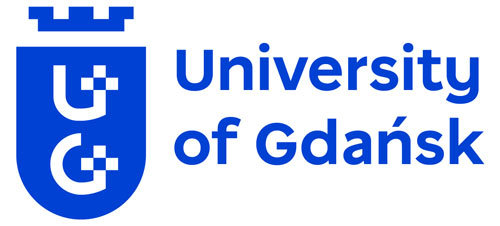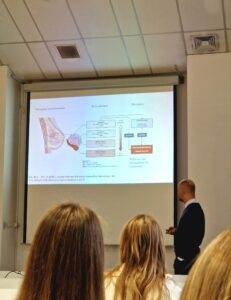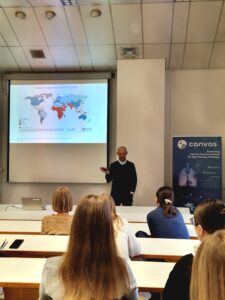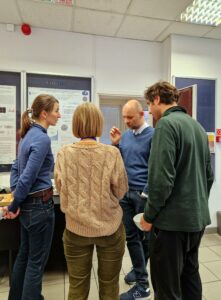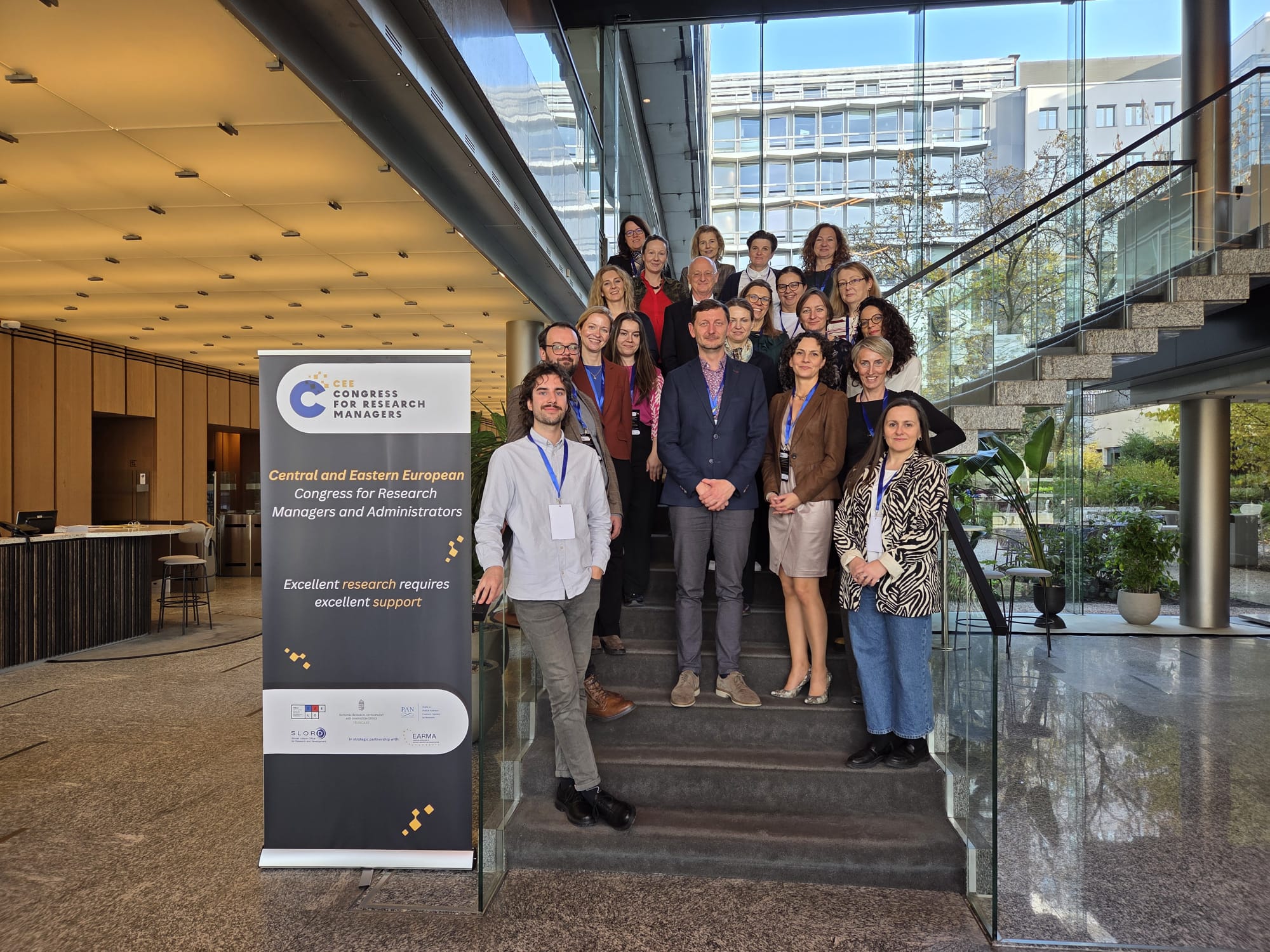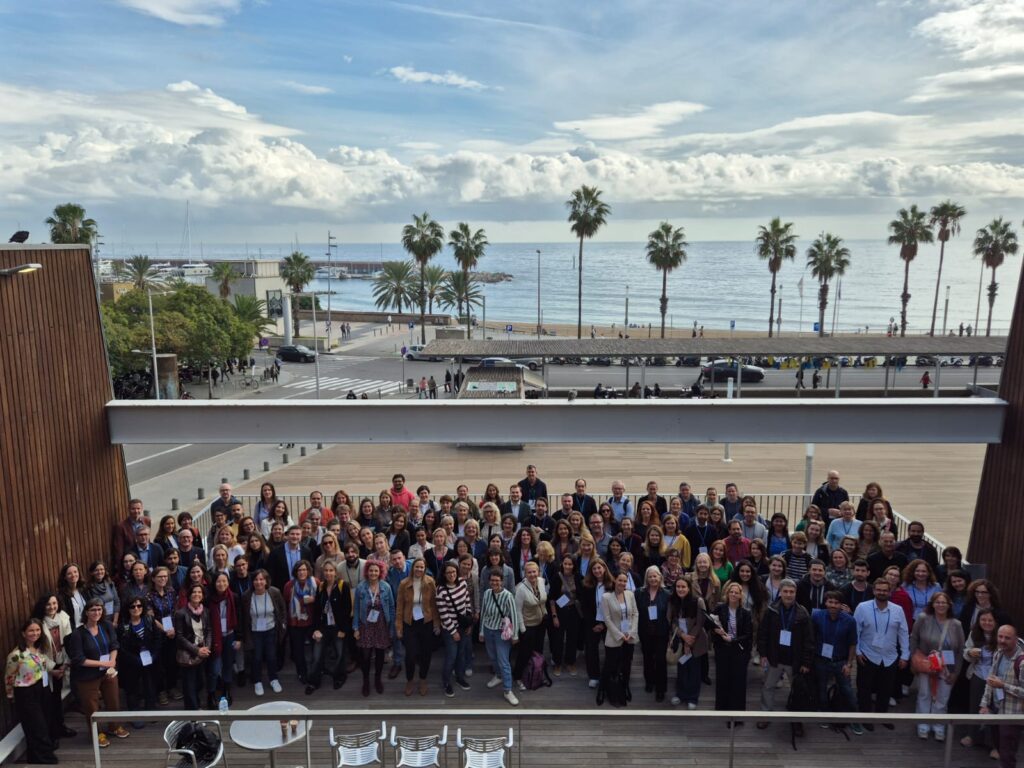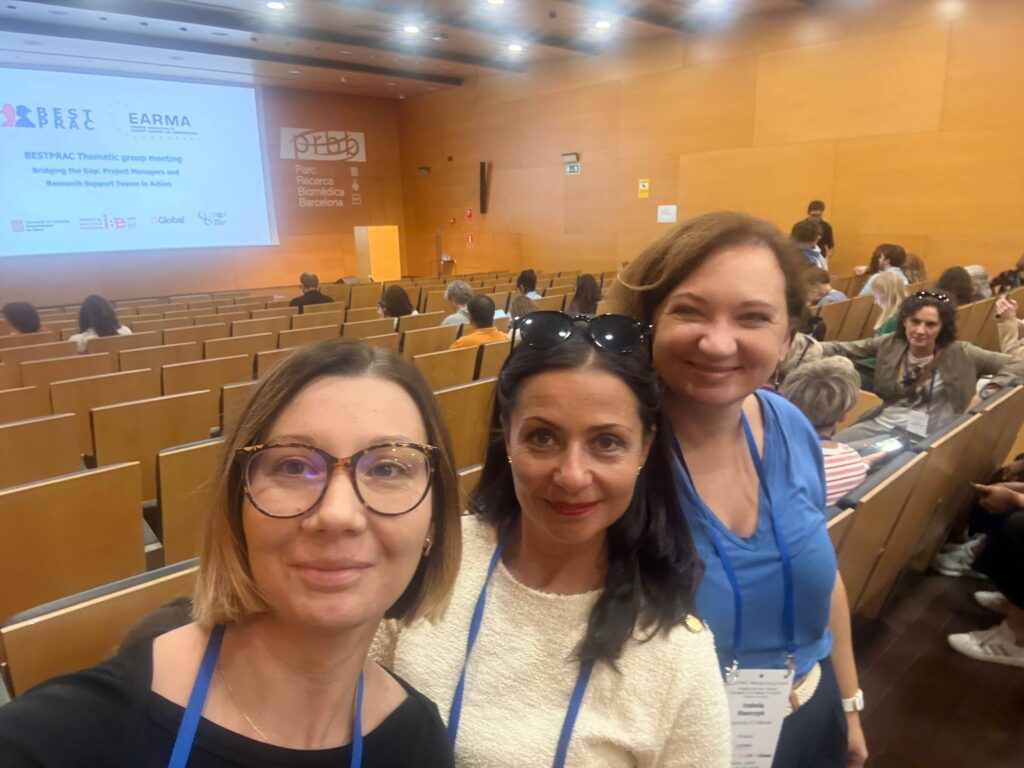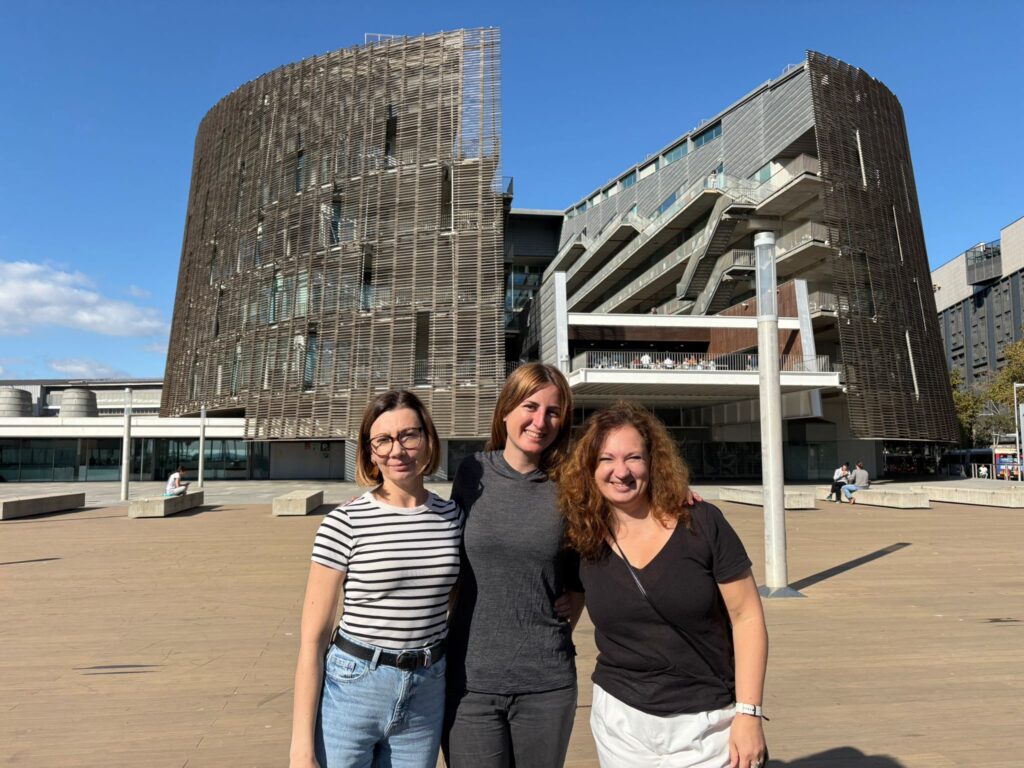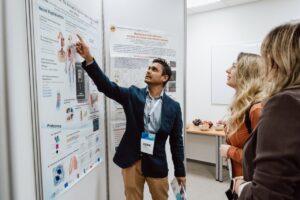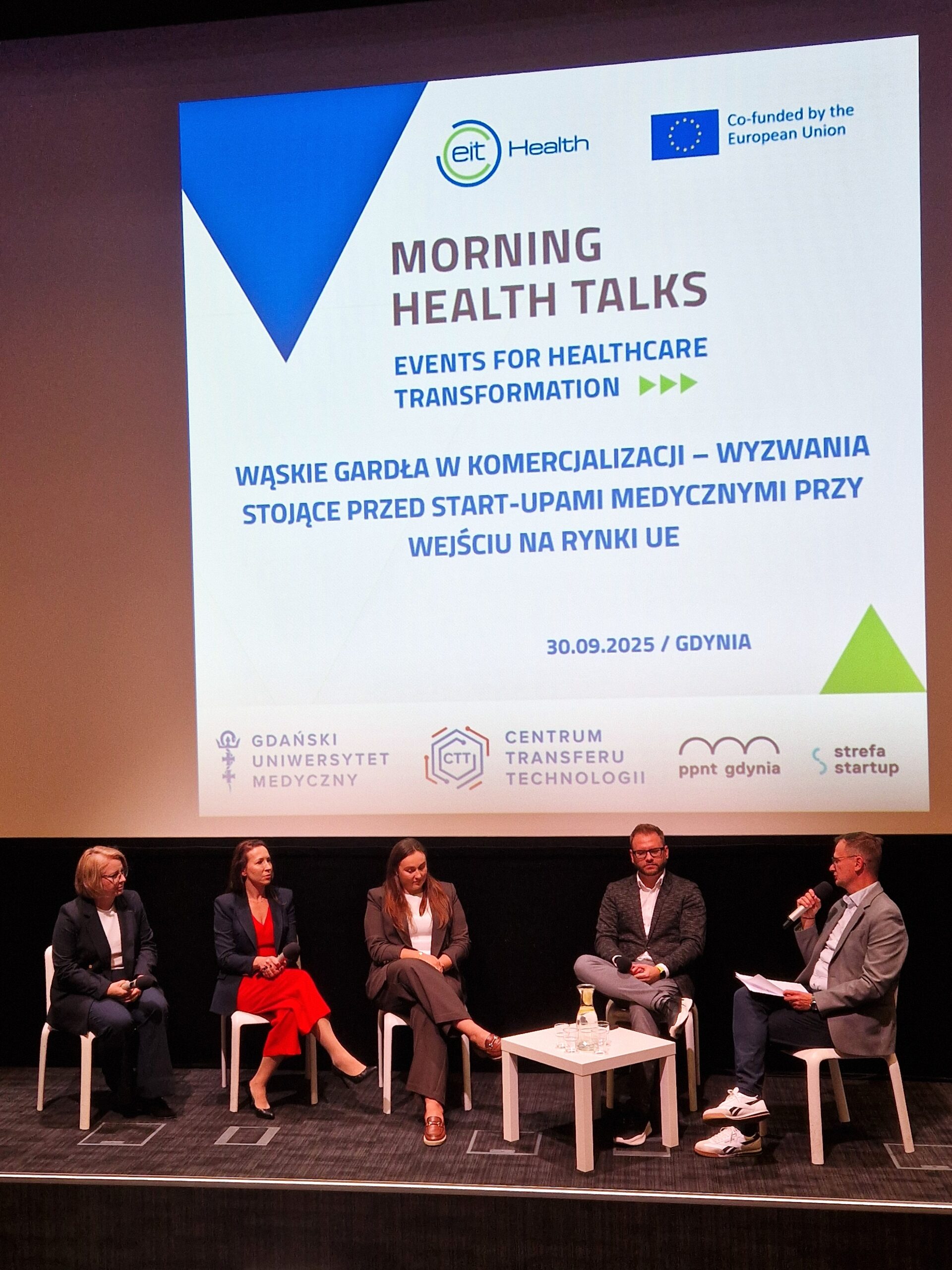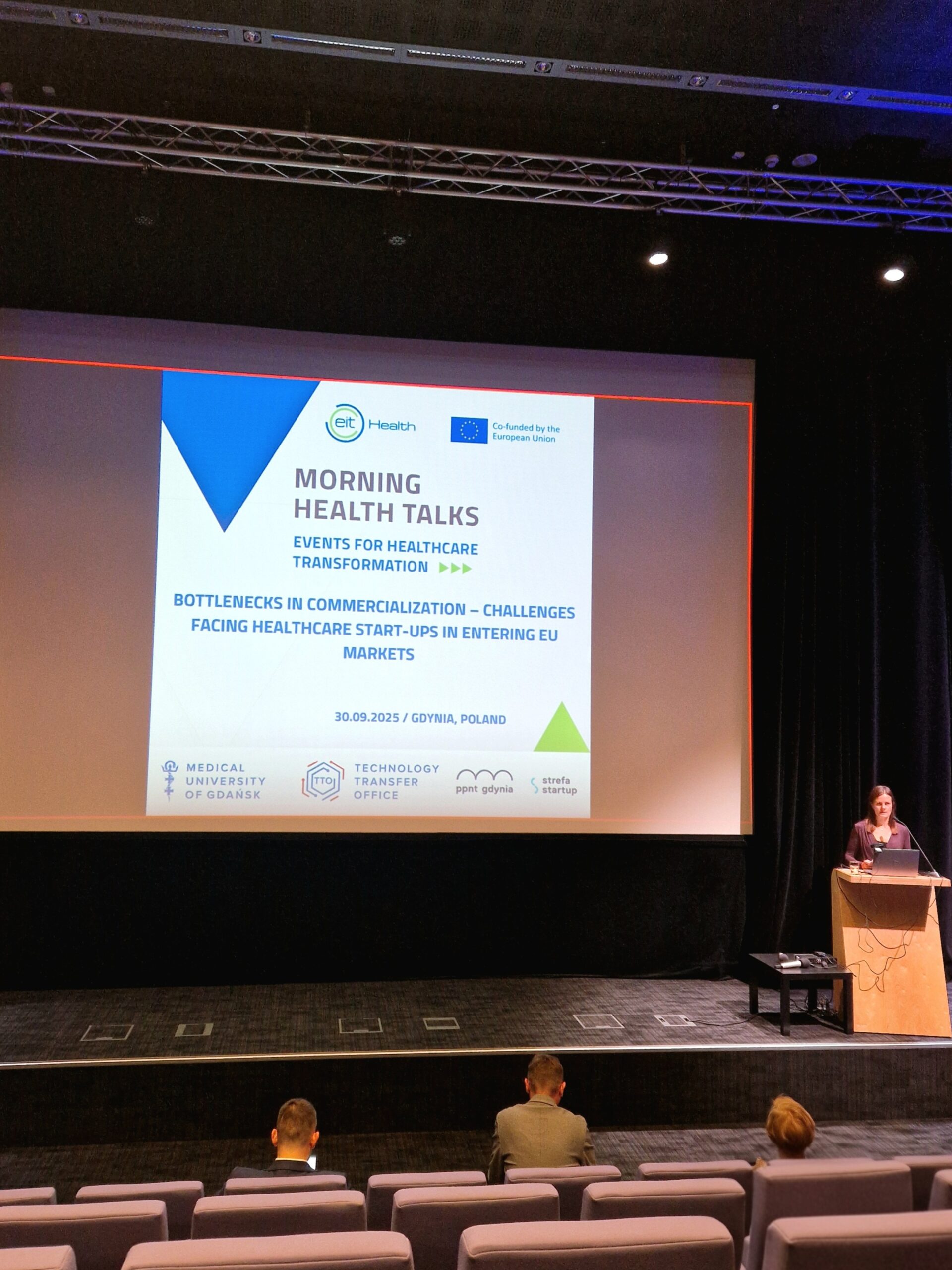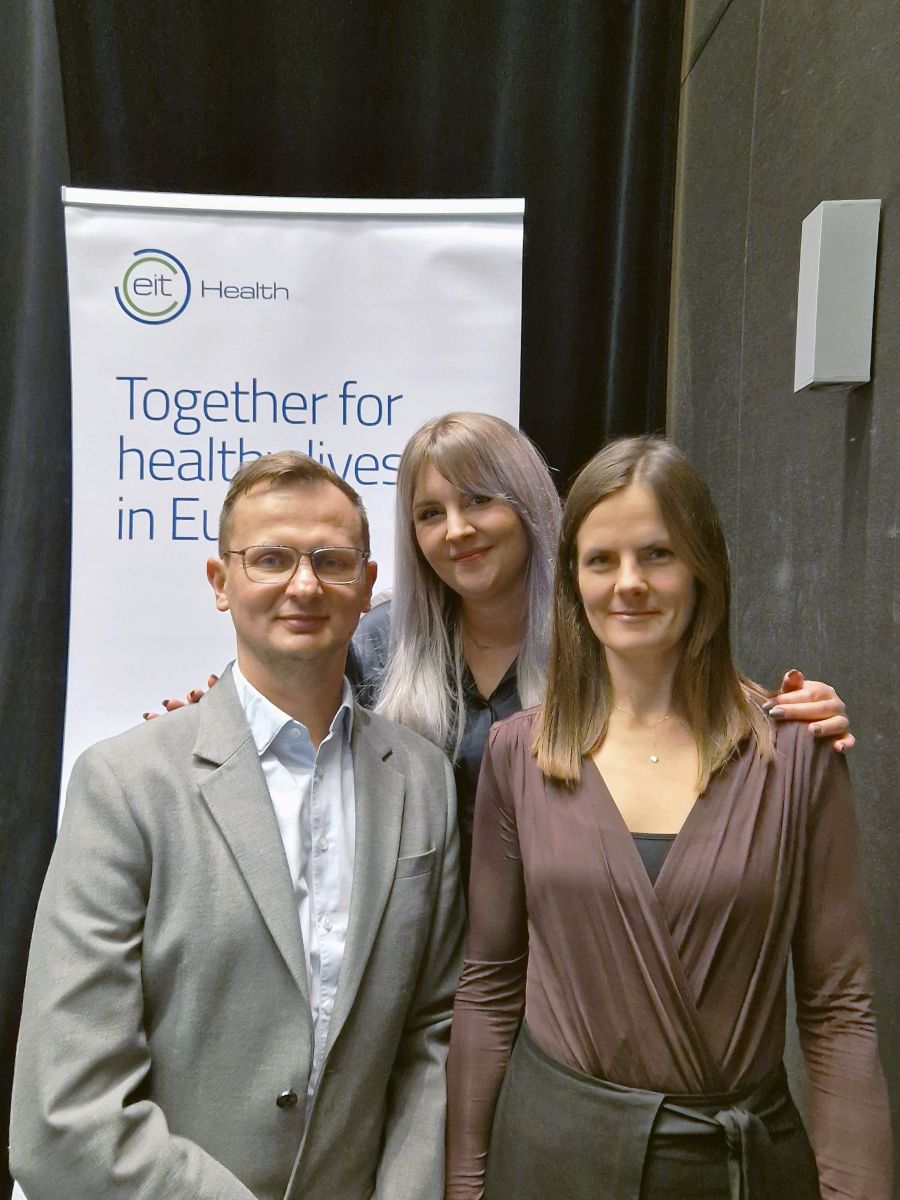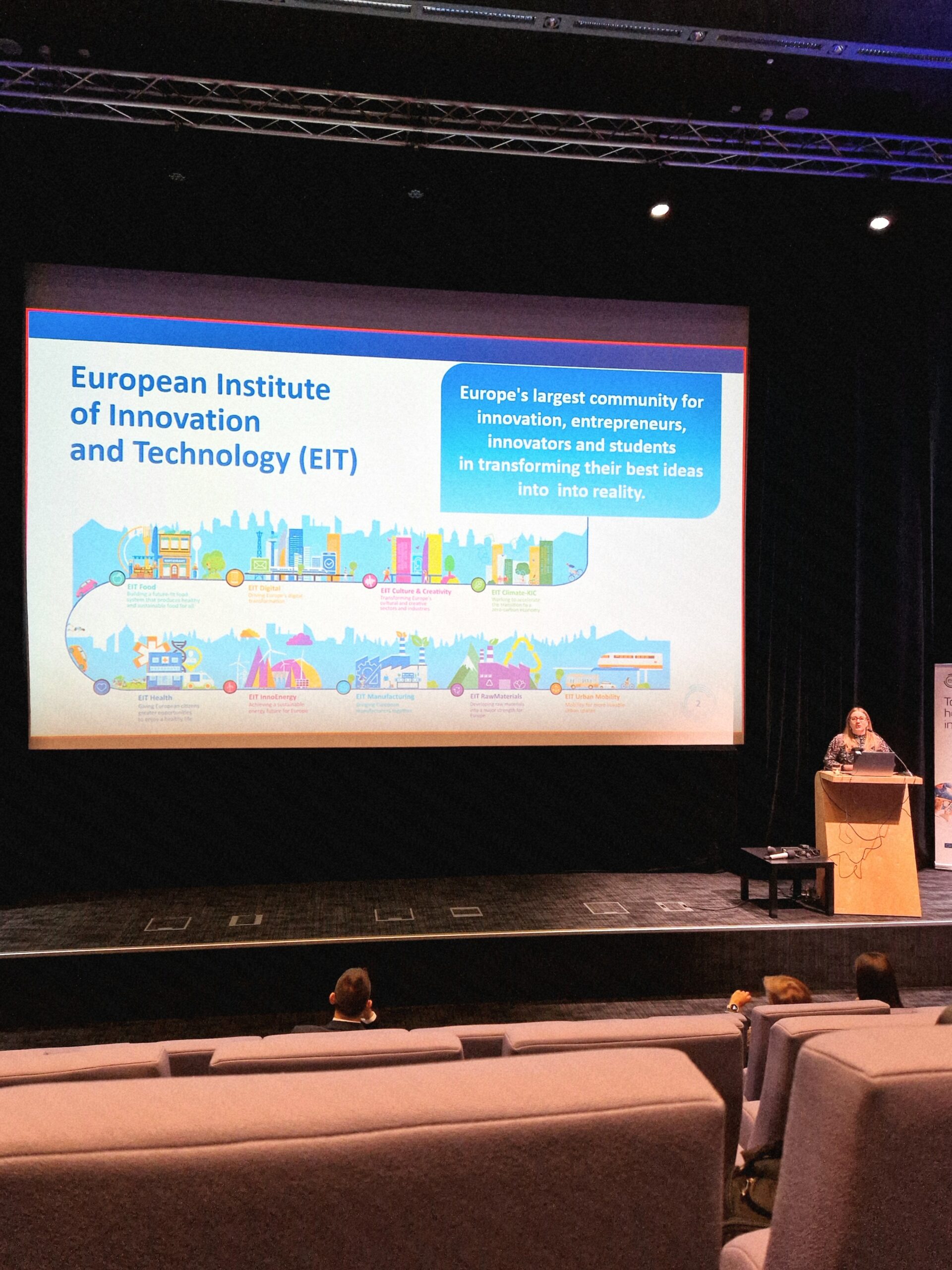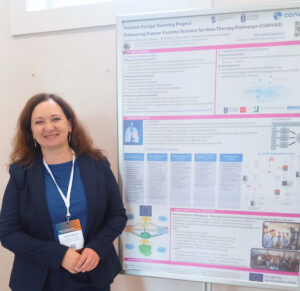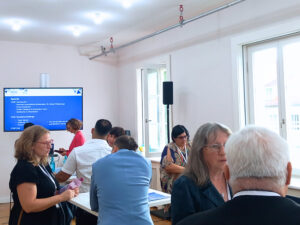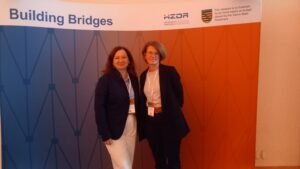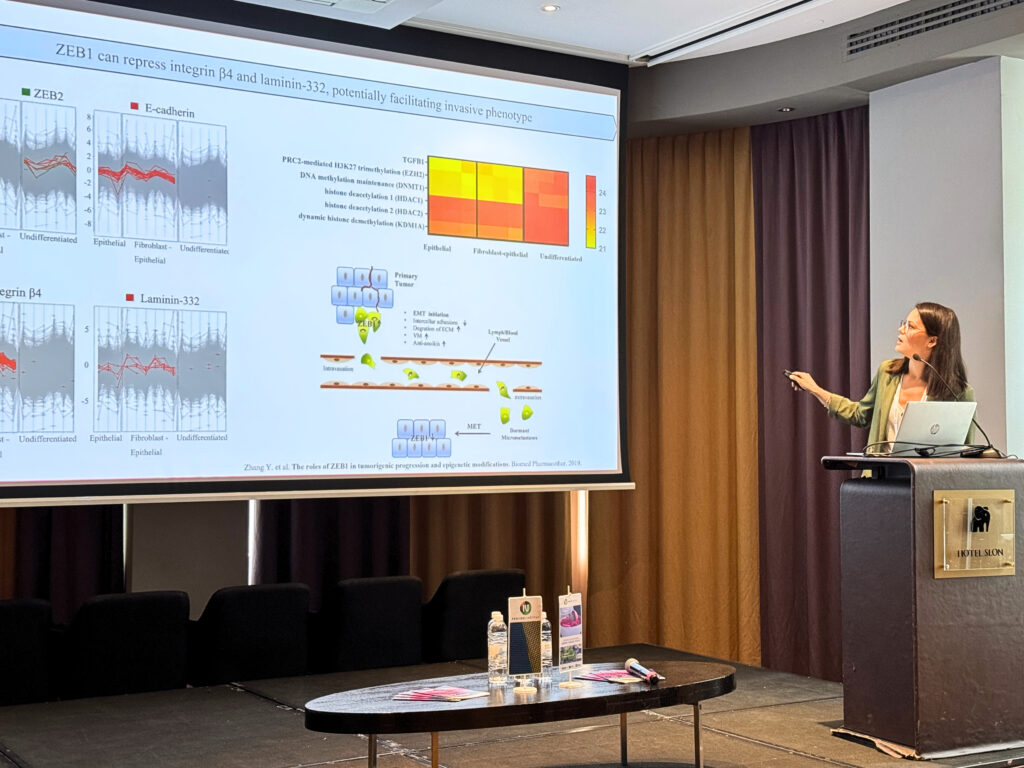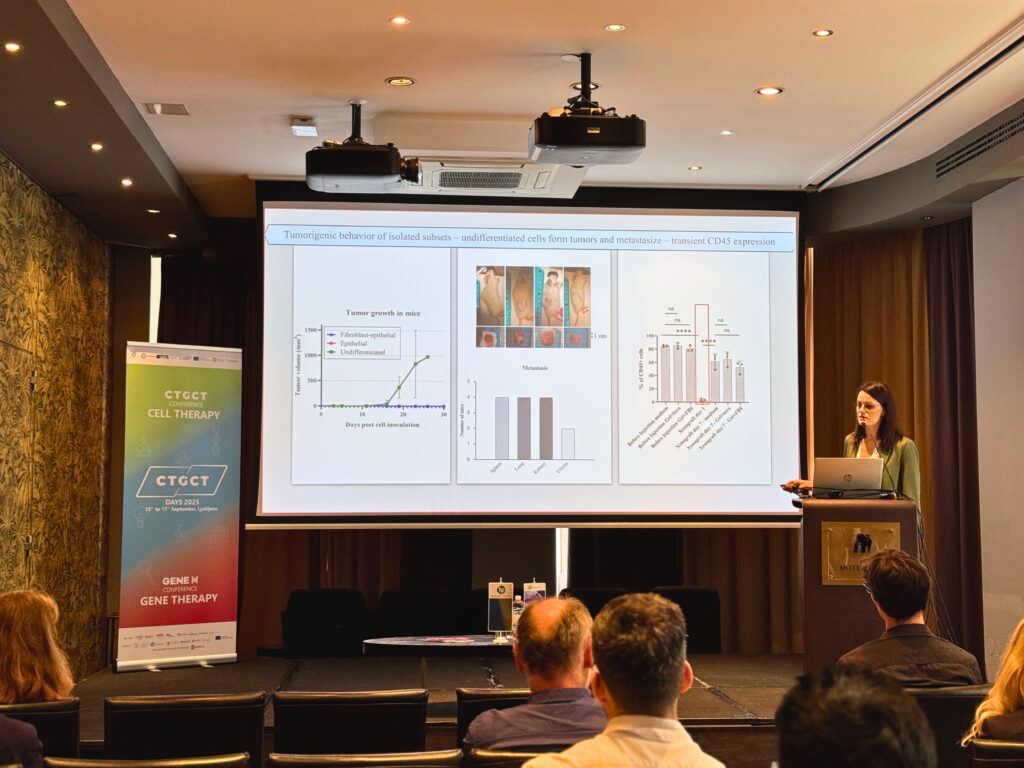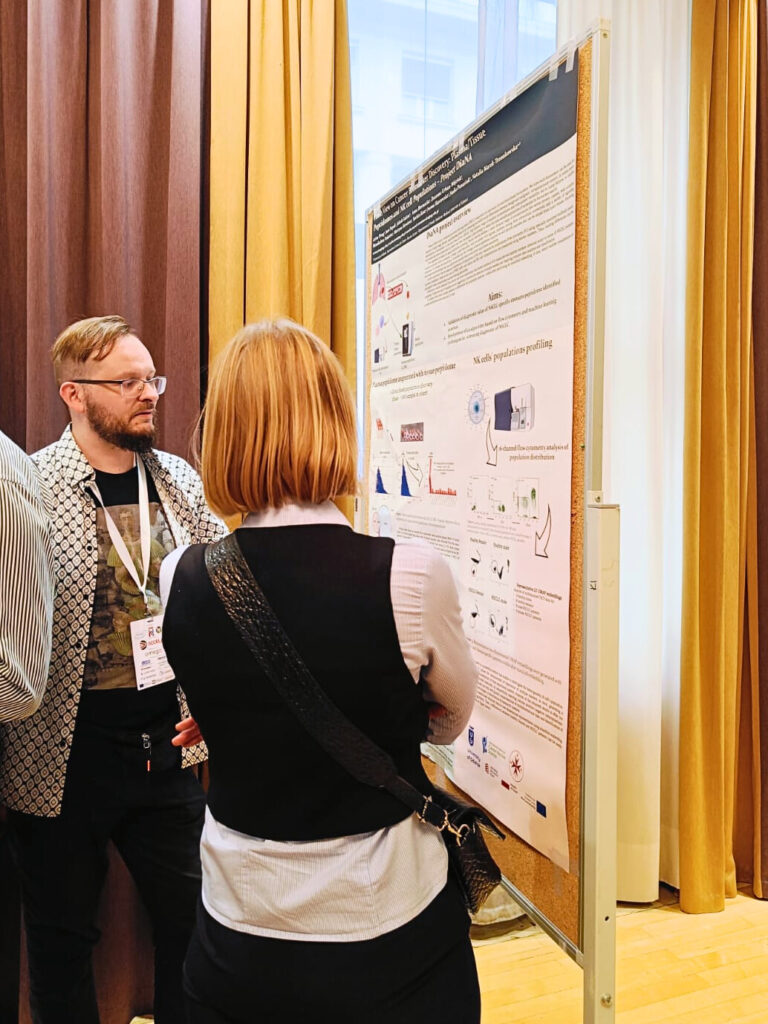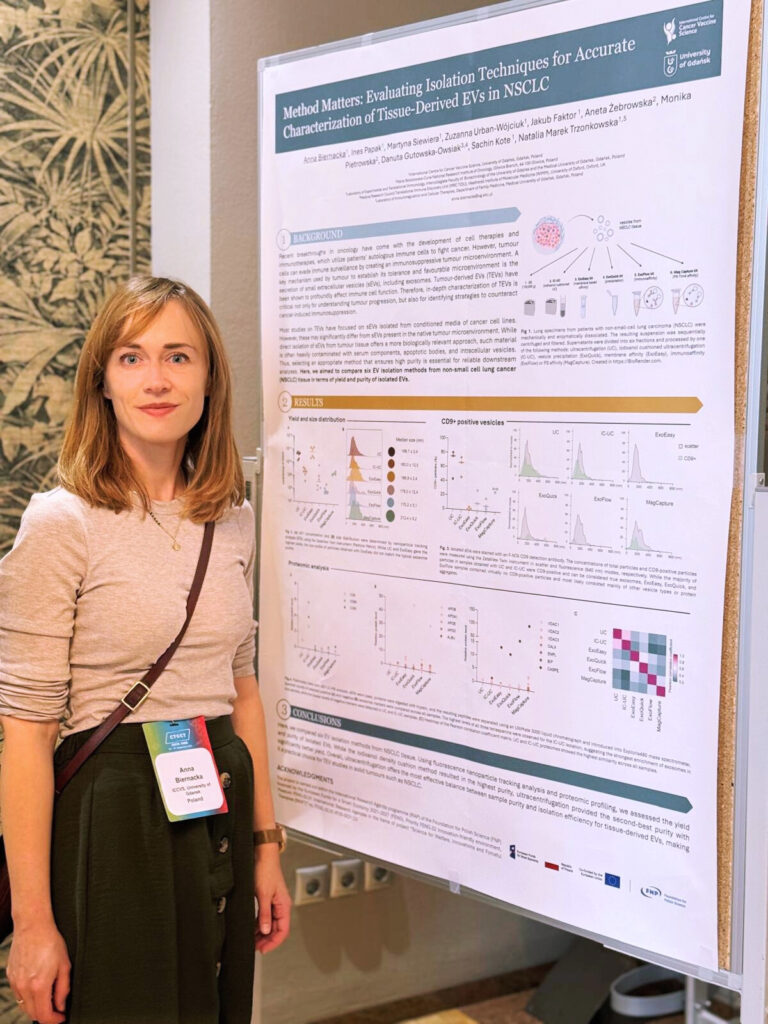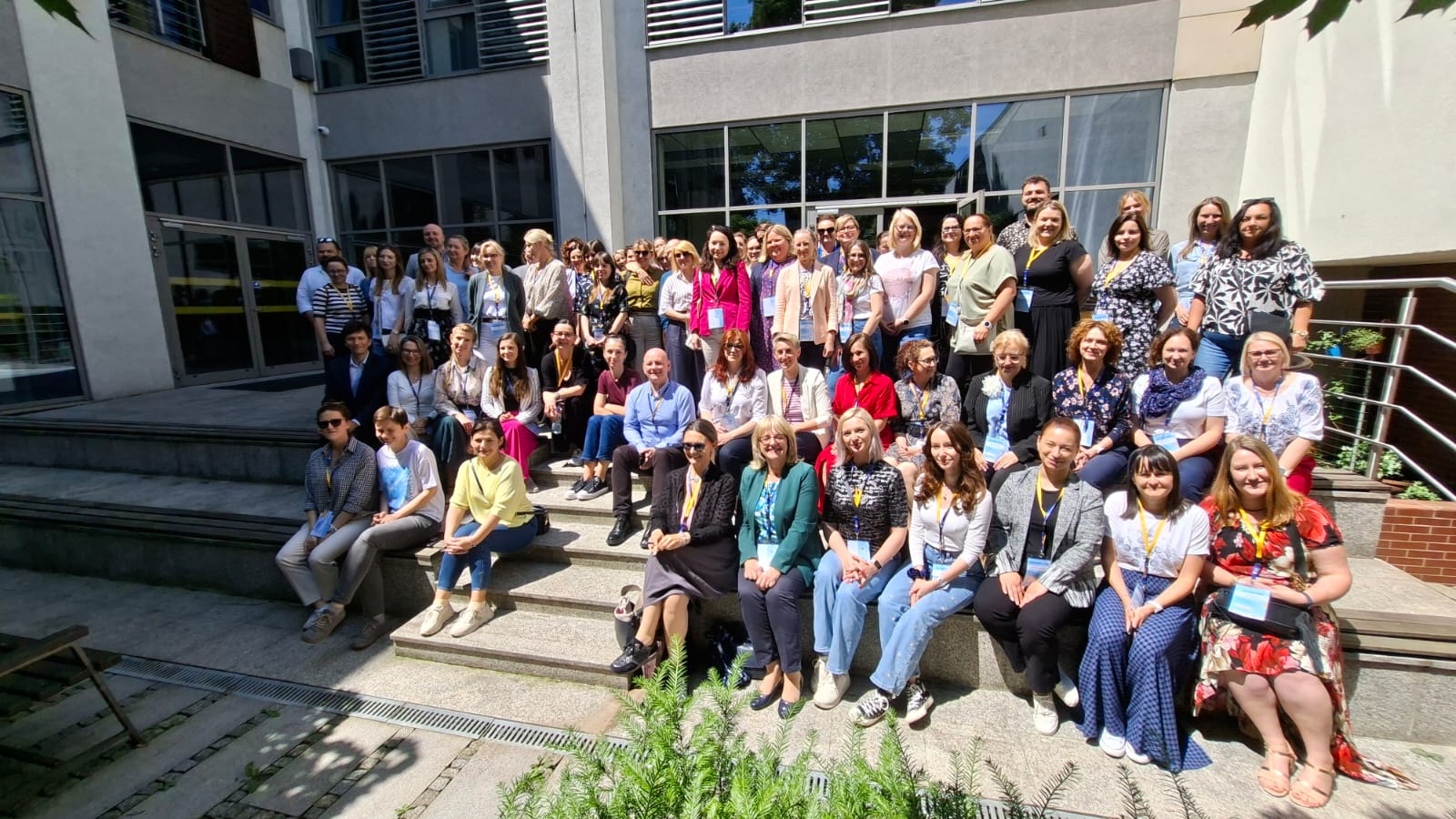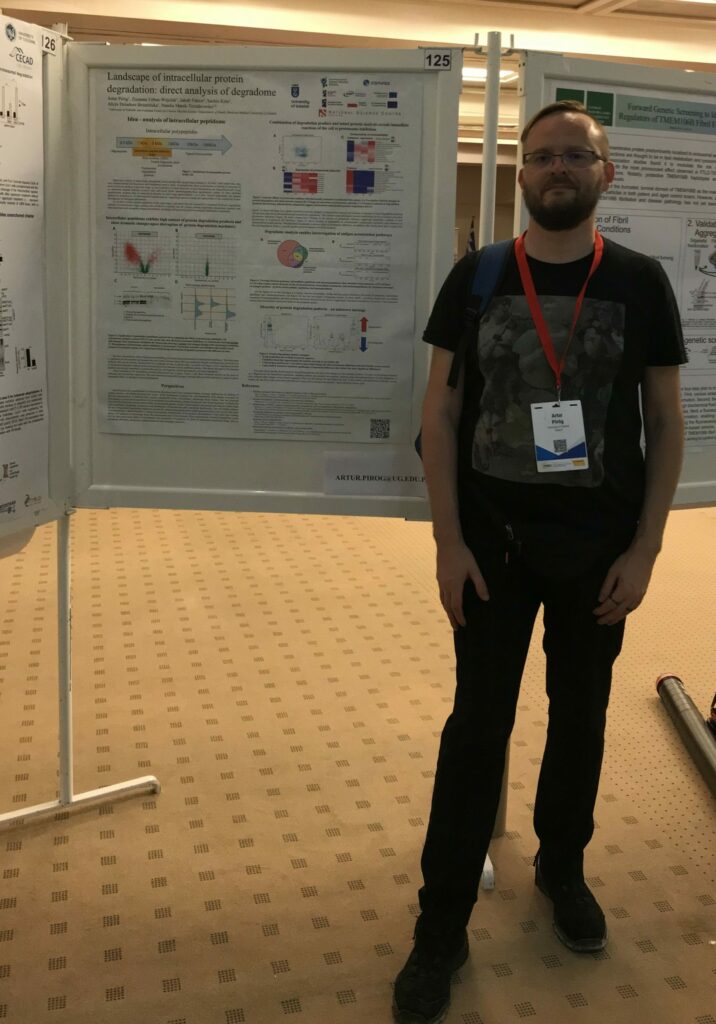Last week, Anna Mazanek, our Technology Transfer Coordinator at ICCVS, represented our centre at the Morning Health Talks, a series of events dedicated to healthcare transformation and innovation.
On September 30, the latest edition of the series took place at Pomorski Park Naukowo‑Technologiczny in Gdynia, focusing on the theme: “Bottlenecks in the Commercialization Process – Challenges for Medical Startups Entering the EU Market.” The event brought together a diverse group of participants, including representatives from academia, industry, and the medtech sector, providing an ideal platform to exchange experiences and best practices.
The first part of the event was opened by Dr. Katarzyna Waligóra-Borek, Director of the Technology Transfer Office at Medical University of Gdańsk (TTO MUG). The session was moderated by Joanna Przybytek-Kobierna, EIT Health Project Coordinator, and Marcin Stolarek, Innovation Broker at TTO MUG.
Speakers included Joanna Broy (EIT Health InnoStars), Natalie Walsh (University of Galway), Sara Melicharova (LIFE BioCEEd), and Mateusz Dworak (Medical University of Łódź). They shared valuable insights on topics such as internationalization and accelerator programs, collaboration with investors, startup growth, and the development of healthcare innovations.
The second part of the event featured a dynamic panel discussion with industry experts: Aneta Zwolińska (WiseGroup), Izabela Kafka (Viridian Poland), Paulina Wypych-Kapczyńska (Totalizator Sportowy), and Marcin Lenkiewicz (Blix Group). The panel addressed key challenges faced by medical startups, including regulatory barriers, effective communication strategies in medtech, and pathways for scaling innovative solutions.
Events like Morning Health Talks emphasize the critical importance of collaboration between academia, business, and the startup ecosystem in successfully bringing innovations to market. At ICCVS, we strongly believe that innovation cannot be developed in isolation. That is why we actively seek new connections, partnerships, and initiatives that foster research, technological development, and the future of medicine.
We sincerely thank the organizers at CTT TTO MUG and EIT Health for creating an inspiring environment for knowledge exchange and networking.
